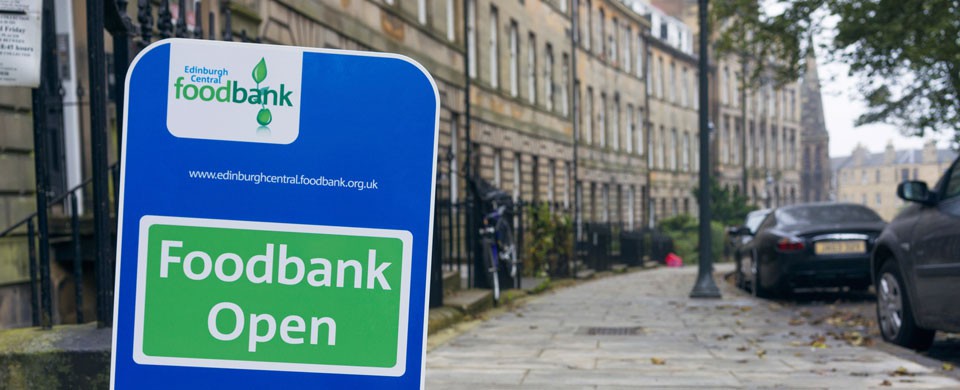Austerity-hit communities won’t take lectures from politicians and super-rich
Unpicking all the reasons for the unexpected vote to leave the EU will take some time and needs far more objectivity than we have seen in the acrimonious debate of the last week or so.
The Leave campaign’s claim that Brexit would free up £350m per week for the NHS may now be discredited, but we don’t know how much weight it carried.
Concern that Xenophobia was a factor is reinforced by the recent rise in reported hate crimes, but I doubt this reflects more than a small minority of the 17 million Leave voters.
We don’t know for sure why a succession of dire economic warnings gained so little traction, but it was no surprise that bankers and billionaires appear to have carried less weight than they might have done pre-2008.
In the 1975 Common Market referendum, the electorate backed the mainstream political leaders by a two to one majority. This time, one poll suggests David Cameron saw 58% of Tory voters reject his recommendation, while Jeremy Corbyn failed to carry 37% of Labour’s. Even the EU super-enthusiast Tim Fallon could not convince 30% of Liberal Democrats.
But the most telling statistic for me is that people in manual jobs voted nearly two to one against the EU. And this is why I think veteran broadcaster Jon Snow was probing at the heart of it when he asked on Twitter: Is this what happens when you punish working people with austerity and cuts for the sins of the banking classes?
Of course the voting pattern wasn’t simply on economic lines: the impact of austerity on Remain-voting Fife and Dundee, for example, is probably much the same as on Leave-voting Merthyr and Sunderland. And there are also complexities within regions that went the same way, such as between demographically-varied London boroughs.
Nevertheless, I think it’s safe to say that millions of people would not have ignored warnings about the economic consequences of Brexit if they thought they had much to lose or trusted an ‘establishment’ that prospers come fair weather or foul.
Two years ago, Unilever’s former chief executive Paul Polman, warned that staggering extremes of inequality combined with diminishing confidence in public institutions were a threat to capitalism. “Any system that generates such excesses and excludes so many faces a risk of public rejection,” he said.
It was one thing in 1998 for Peter Mandelson to be intensely relaxed about people getting filthy rich, but that looks very different after anything-goes capitalism gave us base-rates-by-Bollinger and the tax-avoiding asset-stripping of Sir Philip Green.
Such is the disconnect between the filthy rich and the rest of society that they do not even see how counter-productive their words and behaviour can be.
Take Sir Alan Sugar, for example. The billionaire may have a celebrity advantage but does he seriously think – after urging Londoners not to vote for Sadiq Khan – that a Twitter campaign against Jeremy Corbyn will carry any weight with Labour party members?
Corbyn was, as Ed Miliband and others have acknowledged, closer to the centre of gravity of the British people in refusing to be gung-ho about the EU and arguing a ‘Remain and Reform’ line.
In a speech in Sheffield during the referendum campaign, he set out a comprehensive case for a European minimum standard of rights at work – including banning ‘zero hours’ contracts and raising minimum wages – which tackled head-on the issues Brexit-inclined manual workers would be most concerned about.
Had those points been taken up by others in the Remain campaign, more votes might have been won in South Wales and the north of England.
The sad irony now is that manual workers who voted to Leave face a much more insecure future at the mercy of a UK government that views employment rights as ‘red tape’.
As if to reinforce that message, business secretary Sajid Javid excluded the Trade Union Congress (TUC) last week from a summit to discuss protecting UK companies and jobs in the Brexit negotiations
He invited the CBI and other business lobby groups but told the TUC, which represents 5.8 million workers in 51 unions, that its presence was ‘unwarranted’.
Working people in Britain, whichever way they voted, deserve better than that.
Steve Howell
This article is Steve’s monthly business column for WalesOnline and the Western Mail newspaper.
Steve is also author of Over The Line, a novel telling the story of an Olympic poster girl facing a doping crisis, which is available on Kindle (£1.99) and in paperback (£6.99) via Amazon.
As a special offer until the Rio Olympics, the paperback is also on sale via this website at £5 inclusive of postage in the UK – ORDER.

